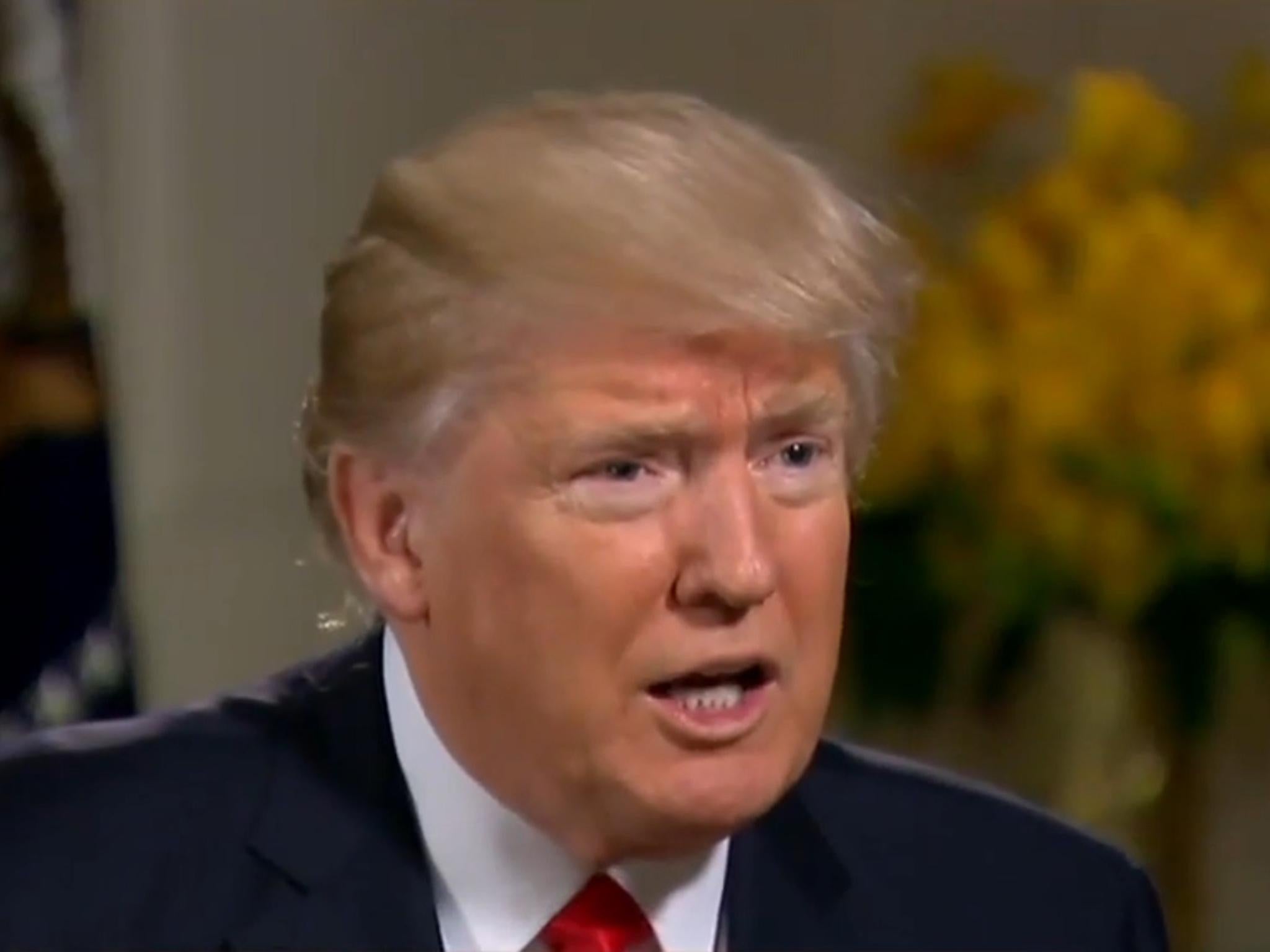Donald Trump’s 'Muslim ban' court battle: Everything you need to know
The executive order is fighting it ways through the federal courts and may go to the Supreme Court

Your support helps us to tell the story
From reproductive rights to climate change to Big Tech, The Independent is on the ground when the story is developing. Whether it's investigating the financials of Elon Musk's pro-Trump PAC or producing our latest documentary, 'The A Word', which shines a light on the American women fighting for reproductive rights, we know how important it is to parse out the facts from the messaging.
At such a critical moment in US history, we need reporters on the ground. Your donation allows us to keep sending journalists to speak to both sides of the story.
The Independent is trusted by Americans across the entire political spectrum. And unlike many other quality news outlets, we choose not to lock Americans out of our reporting and analysis with paywalls. We believe quality journalism should be available to everyone, paid for by those who can afford it.
Your support makes all the difference.Just eight days after the Muslim ban executive order was signed by Donald Trump, a federal judge from Washington threw a major spanner in the works.
The national whiplash that affected travellers from seven Muslim-majority countries who were blocked from entering the US and then allowed in again a week later is being felt around the country.
It prompted large protests at airports as people from abroad, even green card and visa holders, were detained and questioned for hours.
The President’s team filed an emergency appeal via the Justice Department to overturn the ruling from Seattle judge James Robart, but it was denied.
Mr Trump ranted on twitter about the “bad people” who would be “pouring” into the US as a result, and has threatened to take the case to the Supreme Court.
Who is making the decision now?
Three judges in the 9th US Circuit Court of Appeals heard arguments for and against the ban this week, and they will decide whether the executive order gets immediately reinstated.
When will they decide?
The decision is expected this week.
What are the possible outcomes?
If they uphold the decision by Mr Robart, the case could return to the Seattle judge who would have more time to make a ruling on the merits of the case, based on fuller arguments and evidence.
But the 9th US Circuit Court of Appeals could side with the President and the travel ban would take immediate effect once again, potentially ensnaring travelers who would be flying to the US as the ruling goes into effect.
Even if that court rules in favour of Mr Trump, the travel ban would be challenged by Washington state and Minnesota, even though the courts might wind up striking it down later.
So what happened at the court hearing this week?
The hearing was arranged hastily, so Justice Department lawyer August Fientje and Washington state solicitor General Noah Purcell had to dial in by phone, but that did not stop record numbers of people tuning into the livestream.
Each judge was grilled on their arguments.
The judges repeatedly asked Mr Flentje whether the government could prove that the Muslim ban was necessary, or that not having the ban would harm national security. They expressed doubt over his argument that the states don't have standing to sue, and over his assertion that the courts have little to no role in reviewing the president's determinations concerning national security.
In turn, Mr Purcell faced scepticism from Judge Richard Clifton, who said he was not convinced that the ban was motivated by religious discrimination, given that the vast majority of Muslims live in countries that are not on the ban hit list.
What are the court’s options?
As well as either simply uphold the ban or strike it down, Justice Department lawyer Mr Flentje suggested the order could be amended to only prohibit travelers from the seven countries who do not already have relationships with the US and let in legal, permanent residents.
Mr Purcell fought the suggestion, saying it would not work. Family members of legal citizens would not be able to visit the US, for example. He also said there was no proof the government would be able to implement the ban so selectively.
Regardless of how the judges rule this week, the case is likely to end up in the Supreme Court.
Agencies contributed to this report.
Join our commenting forum
Join thought-provoking conversations, follow other Independent readers and see their replies
0Comments